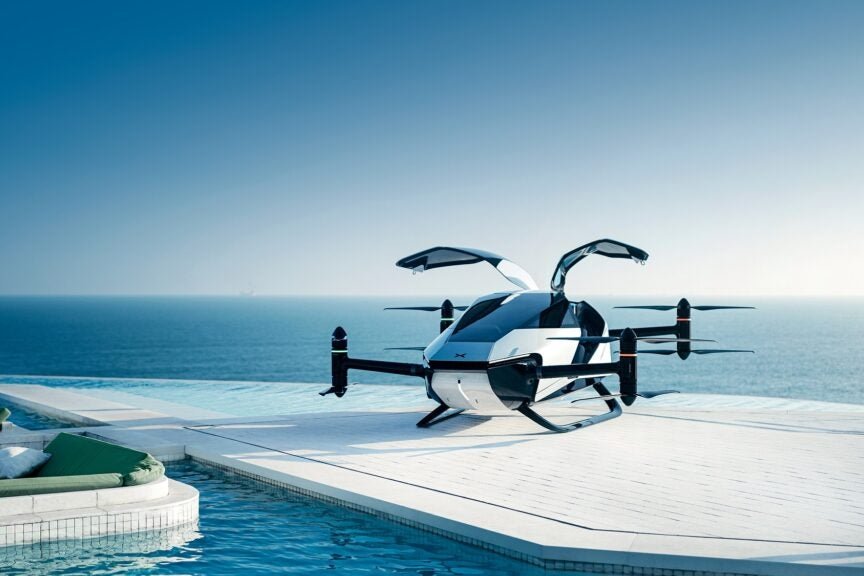Eve Air Mobility, an electric aircraft maker, and Saudi airline Flynas have recently announced a collaboration to explore the possibilities of electric vertical take-off and landing (eVTOL) aircraft operations in Saudi Arabia. The partnership aims to contribute to the Vision 30 sustainability goals in the aviation sector and signifies a significant step towards a greener and more sustainable future for air travel.
Under the Memorandum of Understanding (MoU) signed by both entities, the plan is to initiate eVTOL operations in Riyadh and Jeddah by 2026. This ambitious goal aligns with the national objectives of neutralizing greenhouse gas emissions by 2060. Flynas CEO and Managing Director, Bander Almohanna, expressed enthusiasm about the collaboration, stating, “We are pleased to explore sustainable solutions with Eve Air Mobility as a pioneering company in this field.”
Eve Air Mobility, controlled by Brazilian plane maker Embraer SA, is at the forefront of the electric aviation industry. Their eVTOL aircraft, which is yet to enter operation, is fully powered by electricity and can accommodate four passengers and a pilot, with a range of 60 miles. While initially piloted, both companies have indicated their plans to transition to autonomous operations in the future, once autonomous flight certification is obtained. At that point, the eVTOLs will be able to carry up to six passengers.
This collaboration between Eve Air Mobility and Flynas marks a significant milestone in the development of electric aviation technology. As the world moves towards more sustainable practices, the aviation industry is under increasing pressure to reduce its carbon footprint. Electric aircraft, such as the eVTOLs being developed by Eve Air Mobility, offer a promising solution by eliminating greenhouse gas emissions and reducing noise pollution.
The partnership between Eve Air Mobility and Flynas also highlights the growing interest and investment in electric aviation within the Middle East region. Saudi Arabia, with its ambitious sustainability goals and strategic location, has the potential to become a hub for electric air travel in the future. By embracing eVTOL technology, the country can position itself as a leader in sustainable aviation and attract both domestic and international travelers looking for greener alternatives.
The success of this collaboration will not only have implications for Saudi Arabia but also for the global aviation industry. If eVTOL operations prove to be viable and efficient in the country, it could pave the way for their adoption in other regions, accelerating the transition towards electric aviation worldwide.
In conclusion, the collaboration between Eve Air Mobility and Flynas to explore eVTOL operations in Saudi Arabia is an exciting development in the aviation industry. By harnessing the potential of electric aircraft, both companies are contributing to a more sustainable and environmentally friendly future. As technology continues to advance, we can expect to see more partnerships like this one, driving innovation and reshaping the way we travel by air.





